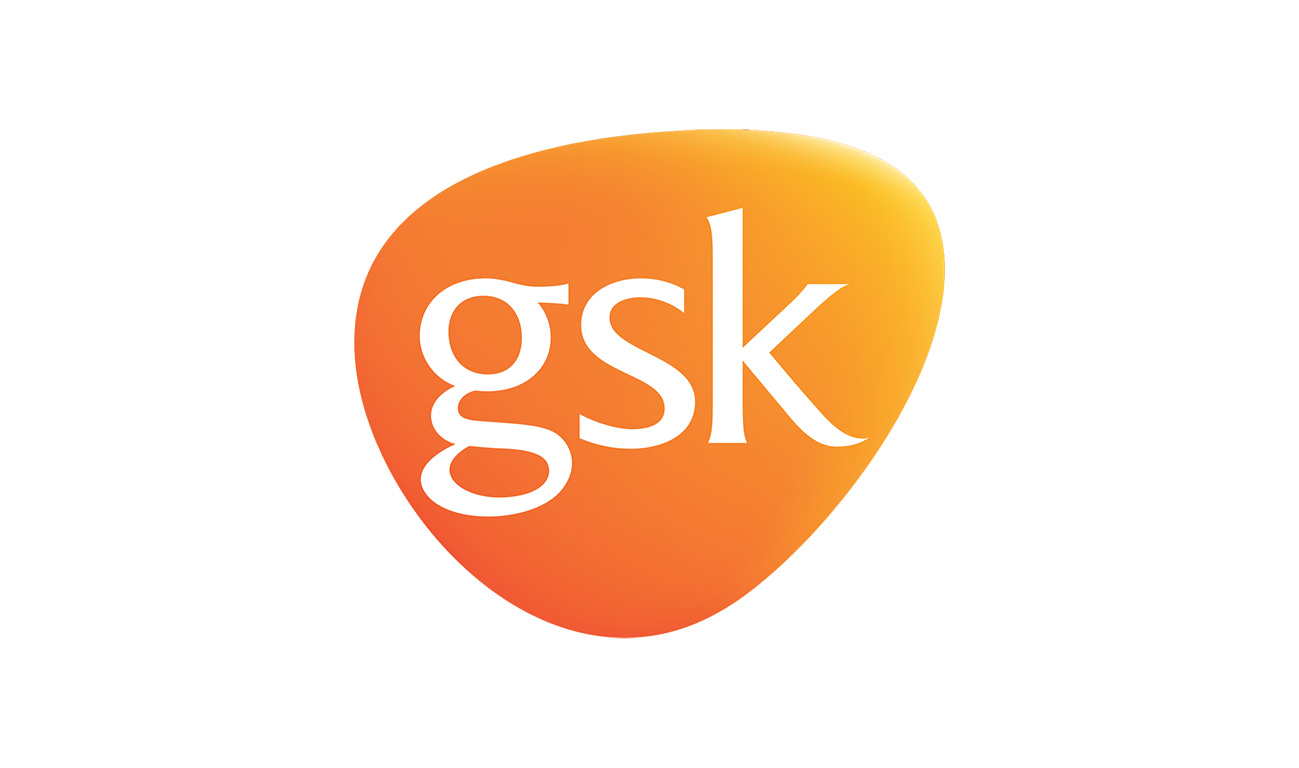Seeking Early-Stage Academic Research for Tomorrow’s New Medicine

Do you have an idea that you think could become the next breakthrough medicine? If so, we want to hear from you!
Today kicks off our third annual Discovery Fast Track Challenge – a program designed to accelerate the translation of early-stage research into game-changing new medicines. The challenge is open to academic scientists in the US, Canada, and Europe who want to see if the biological targets or pathways they are researching could direct future drug development in areas where it is needed most.
“The number of people at GSK who have worked on this project is larger than my entire laboratory, yet it’s been a wonderfully collaborative experience.”
— John Sondek, PhD
During the application process, scientists are asked to submit details of their research and the scientific rationale describing how it could lead to new medicines for patients. Scientists whose entries are selected will collaborate with our Discovery Partnerships with Academia (DPAc) team to test their hypotheses on potential disease pathways or targets against our extensive library of compounds. If a compound is identified during this screening process, the winning scientists could be offered a further opportunity to collaborate work with us on the development of a new medicine!
John Sondek, PhD, professor in the departments of Pharmacology and Biochemistry/Biophysics at the University of North Carolina at Chapel Hill, was one of eight academic scientists from the US and Canada selected in the 2013 Discovery Fast Track Challenge. His winning proposal was to study a novel approach for new treatments for metastatic epithelial cancers. In this blog he described his experience: “They’ve screened about two million compounds in six months. It took my lab almost three years to screen nearly one-tenth that number and we ran out of compounds to test. The number of people at GSK who have worked on this project is larger than my entire laboratory, yet it’s been a wonderfully collaborative experience.”
The challenge is open from March 23 to April 24, 2015. Further details and applications are available here.

